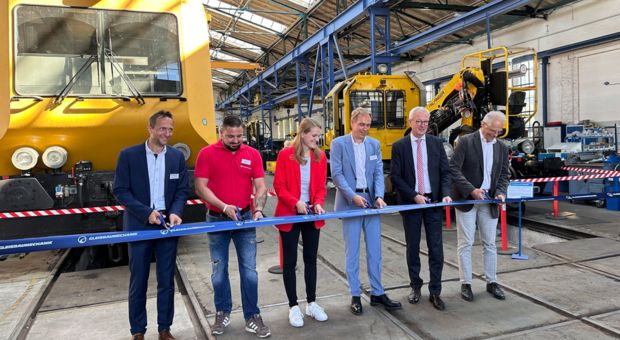History
The Kirchmöser site has an almost 100-year long history as a traditional rail industry location. Track work and maintenance vehicles are manufactured, modernized and serviced at our facilities.
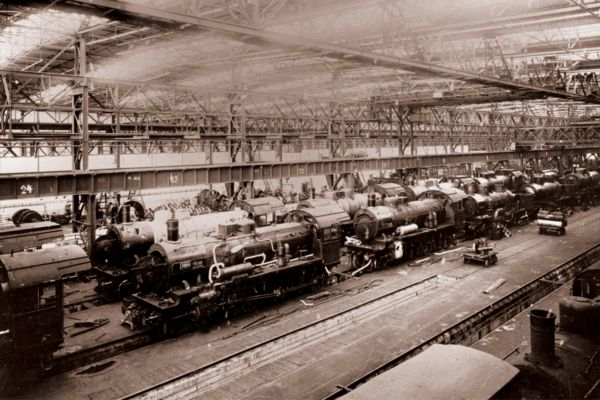
1920
Development of the location
Under the name of RAW Brandenburg-West, the facility was built up from 1920 to 1924 to maintain the steam locomotive fleet of the Deutsche Reichsbahn.
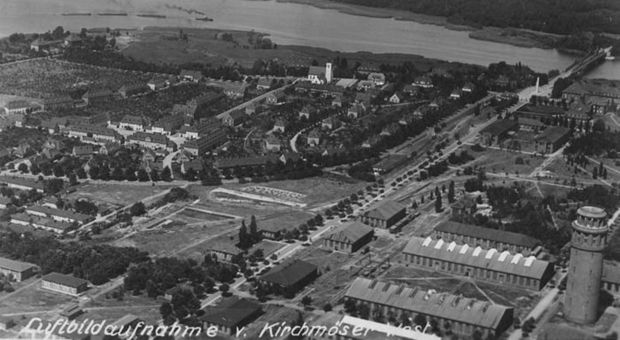
1992
Special workshop of DB AG
In the course of the merger of the Bundesbahn and Reichsbahn, GBM becomes an entity of DB AG, Special Works Division, with the business areas of new construction and maintenance of secondary vehicles.
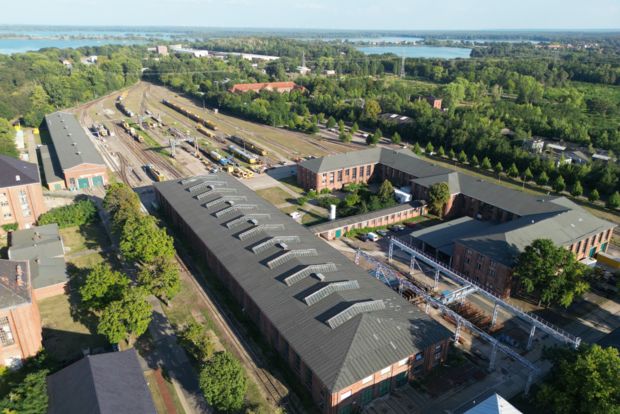
2002
A company of General Atomics Europe
The former facilities of the Deutsche Bahn in Kirchmöser are acquired by the General Atomics Europe Group and renamed to GBM Gleisbaumechanik Brandenburg/H. GmbH.
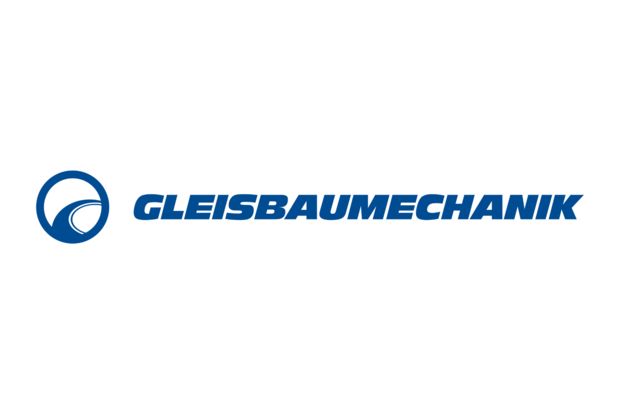
2003
Construction of the GAF100
From 1994 to 2003, the rail maintenance vehicle GAF 100 is manufactured at the Kirchmöser site. The vehicles are still in reliable service throughout Germany to this day, and undergo regular modernization and maintenance work at the GBM facilities.
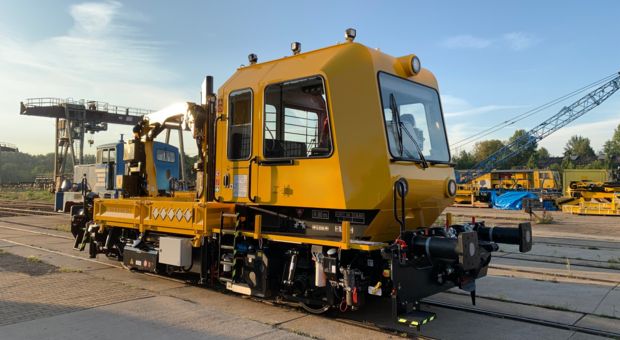
2004
Construction of the BR 711
Between 2002 and 2004, GBM manufactures the BR 711 maintenance vehicles for overhead power lines.
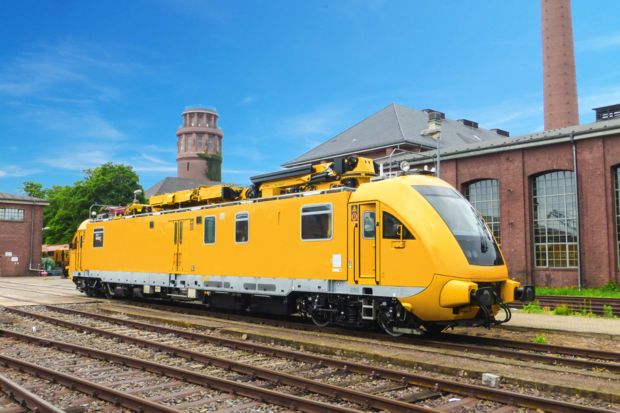
2021
Modernization of wheelset workshop
GBM's wheelset workshop is extensively modernized and equipped with the latest technology. GBM processes over 300 wheelsets per year.
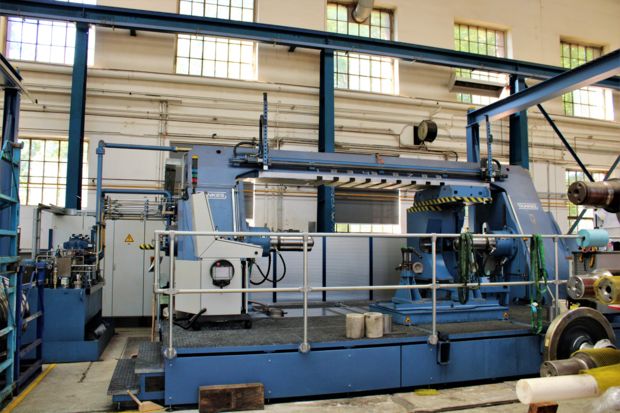
2023
Opening of revision center
GBM Gleisbaumechanik opened its new inspection center on the German Rail Day 2023. It helps to reduce downtimes and optimize processes in order to work more efficiently.
